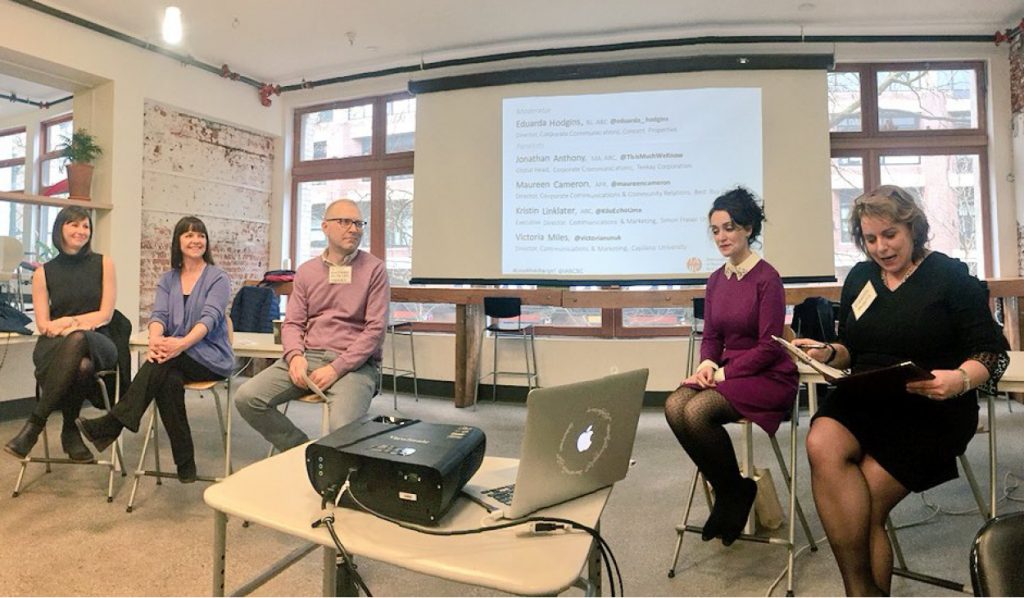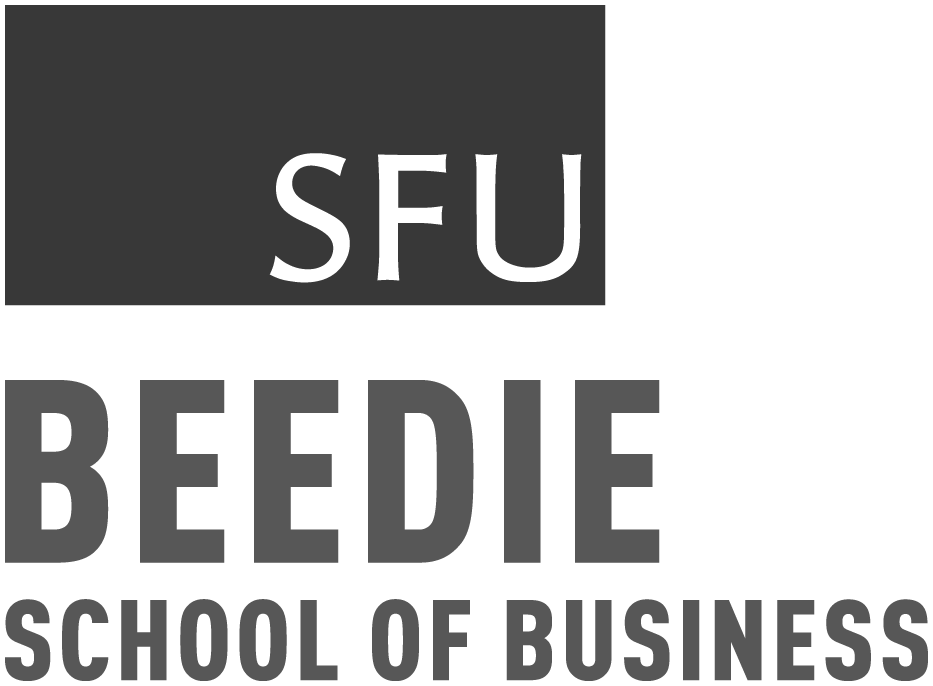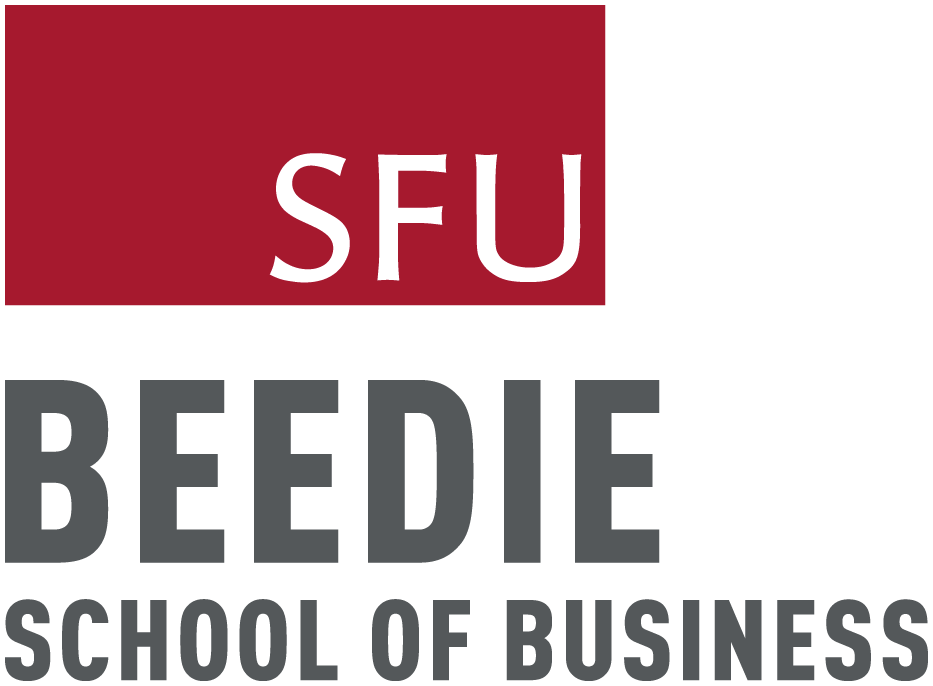PD Panel: How senior leaders build teams, drive success and champion communication
On March 22, 2018, a packed room was treated to a panel discussion on how senior leaders advocate for the communications’ role as a strategic function. Panellists included:
- Jonathan Anthony, MA, ABC, Global Head, Corporate Communications, Teekay Corporation;
- Maureen Cameron, APR, Director, Corporate Communications & Community Relations, Best Buy Canada;
- Kristin Linklater, ABC, Executive Director, Communications & Marketing, Simon Fraser University; and
- Victoria Miles, Director, Communications & Marketing, Capilano University.
In this discussion moderated by Eduarda Hodgins, BJ, ABC, Director of Corporate Communications at Concert Properties, the panellists weighed in on topics such as how they successfully influenced their organizations to view communications as a strategic function, which competencies are critical to elevating communications to the strategic level, how to convey the importance of communications as a leadership-level function, and strategies to operate in organizations where communications is not yet considered a strategic function.
The panellists courageously shared successful tactics in elevating communications’ stature, as well as perceived areas of weakness and how they worked to minimize or overcome these areas with the goal of elevating communications’ profile and status.
Mapping out webs of relationships and influence around the C-suite greatly helped one of our panellists hone in on who could best influence top leadership’s perceptions of the communications function. Of note, the panel members echoed the importance of courage and resiliency as the building blocks for advocating communications’ role as a strategic function. Change does not happen overnight in large organizations, and these qualities proved helpful along the journey.
Here are some of the key takeaways from this engaging and informative discussion:
- Recognize the opportunities for elevating the communications function and seize them;
- Grow familiar with the spheres of influence in your organization and build relationships accordingly;
- Get to know your business – knowledge and curiosity helps build credibility outside communications;
- Demonstrate communications’ value to the organization through data and results;
- Have confidence in your abilities as a professional communicator; and
- Appreciate the difference between groups, which are independent individuals with separate goals who are brought together with similar interests and experience, versus teams, where members interdependently work toward a common purpose.













